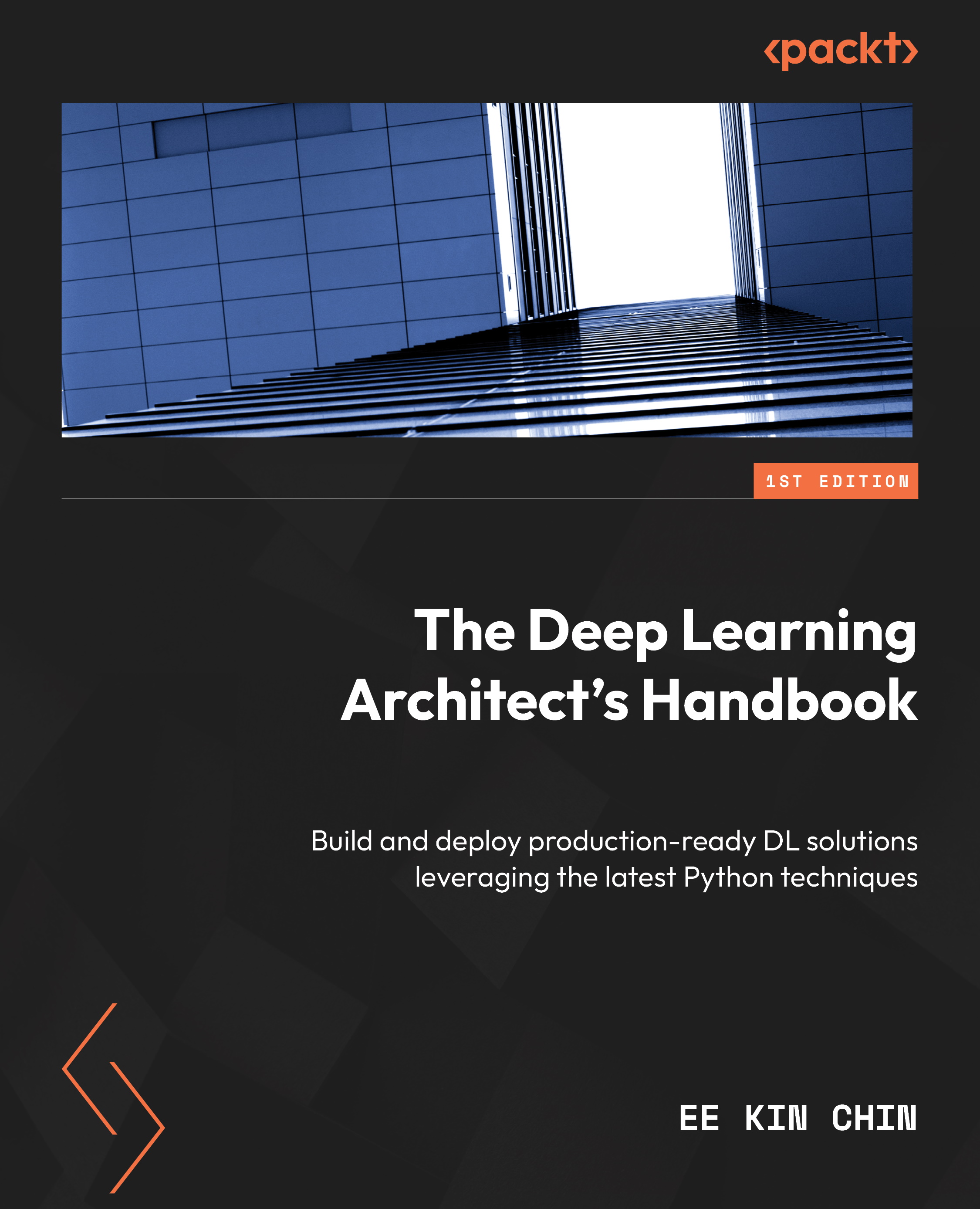Overview of this book
Deep learning enables previously unattainable feats in automation, but extracting real-world business value from it is a daunting task. This book will teach you how to build complex deep learning models and gain intuition for structuring your data to accomplish your deep learning objectives.
This deep learning book explores every aspect of the deep learning life cycle, from planning and data preparation to model deployment and governance, using real-world scenarios that will take you through creating, deploying, and managing advanced solutions. You’ll also learn how to work with image, audio, text, and video data using deep learning architectures, as well as optimize and evaluate your deep learning models objectively to address issues such as bias, fairness, adversarial attacks, and model transparency.
As you progress, you’ll harness the power of AI platforms to streamline the deep learning life cycle and leverage Python libraries and frameworks such as PyTorch, ONNX, Catalyst, MLFlow, Captum, Nvidia Triton, Prometheus, and Grafana to execute efficient deep learning architectures, optimize model performance, and streamline the deployment processes. You’ll also discover the transformative potential of large language models (LLMs) for a wide array of applications.
By the end of this book, you'll have mastered deep learning techniques to unlock its full potential for your endeavors.



 Free Chapter
Free Chapter
